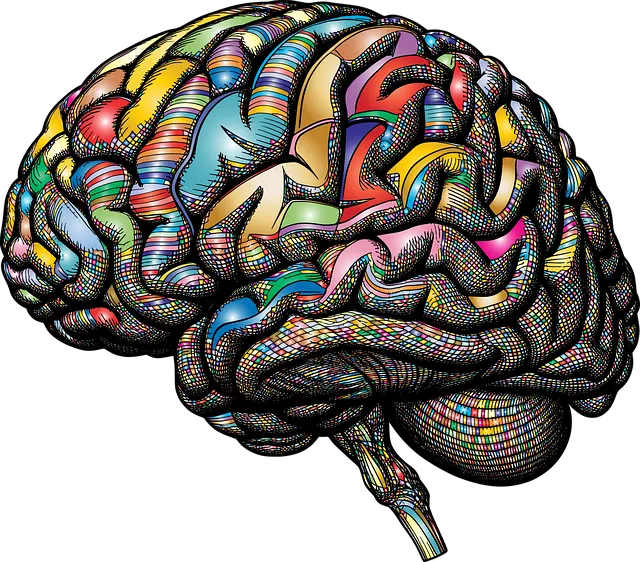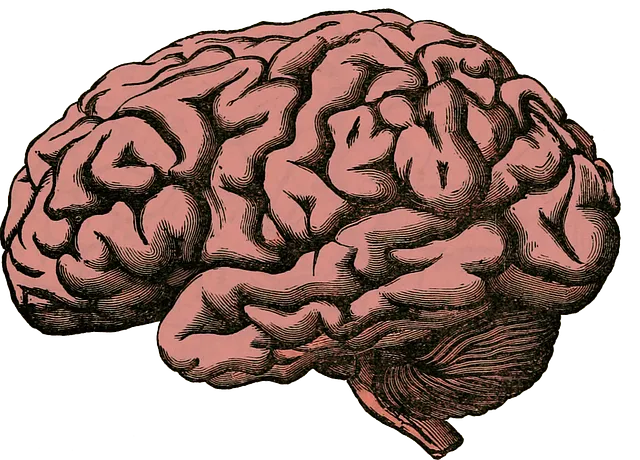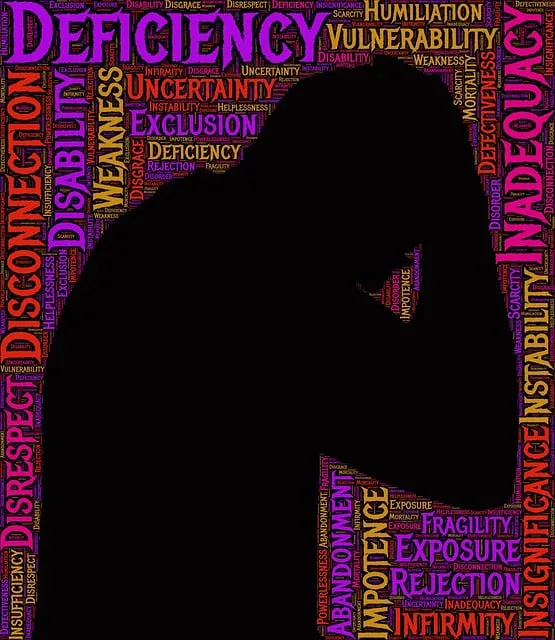This text explores mood regulation strategies for optimal mental health. It highlights the importance of self-awareness, skill development, and tools in balancing emotions. Inpatient mental health services at Kaiser in Littleton and other facilities offer various approaches—from Cognitive Behavioral Therapy (CBT) to mindfulness practices and lifestyle adjustments like nutrition and exercise. These strategies empower individuals to manage moods, reduce stress, and enhance overall well-being, with a focus on tailored care for diverse backgrounds and needs. "Littleton does Kaiser have inpatient mental health" services emphasizing tranquil settings vs. Kaiser's diverse treatment modalities.
In a world where emotional balance is key to overall well-being, understanding and managing mood regulation strategies is essential. This article explores various methods to achieve emotional harmony, focusing on both professional interventions and self-care practices. We compare the services offered by Littleton and Kaiser, delving into their inpatient mental health programs, and highlight Cognitive Behavioral Therapy (CBT) as a powerful tool for mood management. Additionally, discover mindfulness techniques, lifestyle adjustments, and how nutrition, exercise, and sleep can significantly impact emotional stability.
- Understanding Mood Regulation: The Basics of Emotional Balance
- Littleton vs Kaiser: Inpatient Mental Health Services Compared
- Cognitive Behavioral Therapy (CBT): A Powerful Tool for Mood Management
- Mindfulness and Meditation Techniques to Calm the Mind
- Lifestyle Adjustments: Nutrition, Exercise, and Sleep for Improved Mood Stability
Understanding Mood Regulation: The Basics of Emotional Balance

Understanding Mood Regulation involves grasping the fundamental concept of emotional balance within an individual’s mind and overall well-being. Mood is a dynamic aspect of our mental state, influenced by various factors such as thoughts, experiences, and environmental cues. Regulating mood effectively means developing strategies to navigate and stabilize these fluctuations, ensuring a sense of equilibrium. This process is akin to steering a ship in turbulent waters—it requires awareness, skill, and the right tools to maintain stability and reach calm seas.
Littleton does Kaiser have inpatient mental health services? While this specific inquiry is relevant for accessing acute care, it’s also crucial to explore prevention and management strategies at home. Mental Health Education Programs Design can play a pivotal role in empowering individuals to recognize early warning signs of mood shifts and implement timely interventions. Additionally, Mental Illness Stigma Reduction Efforts contribute to creating supportive environments, fostering open conversations about emotional challenges. By prioritizing Burnout Prevention through self-care practices and stress management techniques, individuals can fortify their emotional resilience, thereby enhancing overall mental health.
Littleton vs Kaiser: Inpatient Mental Health Services Compared

When comparing Littleton to Kaiser in terms of inpatient mental health services, several key differences emerge. Both institutions offer specialized care for individuals dealing with severe mental health issues, but their approaches and environments differ significantly. Littleton, known for its tranquil and supportive setting, focuses on individual therapy and a structured routine designed to promote emotional regulation. This approach emphasizes the importance of a calming atmosphere in facilitating healing.
In contrast, Kaiser’s inpatient program often incorporates more diverse treatment modalities, including group therapy sessions and community outreach program implementations. These strategies not only target emotional well-being promotion techniques but also prepare patients for reintegration into society. The environment at Kaiser tends to be more bustling, reflecting a dynamic approach to mental health care that caters to a wide range of patient needs. This comparison highlights the varied paths toward effective emotional regulation, each with its unique advantages based on individual patient requirements.
Cognitive Behavioral Therapy (CBT): A Powerful Tool for Mood Management

Cognitive Behavioral Therapy (CBT) is a highly effective tool for managing moods and has been extensively studied and proven to be beneficial for various mental health conditions, including depression, anxiety, and stress-related disorders. This therapeutic approach focuses on identifying and changing negative thought patterns and behaviors that contribute to emotional distress. CBT helps individuals gain a deeper understanding of their thoughts and emotions, enabling them to develop more adaptive coping strategies.
Littleton does Kaiser have inpatient mental health services? Indeed, many healthcare providers, including Kaiser, offer specialized programs to support those in need of intensive care. By employing evidence-based techniques, such as challenging distorted thinking, teaching relaxation skills, and promoting healthier behaviors, CBT empowers individuals to take control of their emotional well-being. The mind-over-matter principles behind CBT encourage patients to actively participate in their journey towards better mood regulation, fostering a sense of self-efficacy and long-lasting resilience. Additionally, cultural sensitivity in mental healthcare practice is essential, ensuring that CBT techniques are tailored to meet the unique needs and backgrounds of diverse individuals.
Mindfulness and Meditation Techniques to Calm the Mind

In today’s fast-paced world, mindfulness and meditation have emerged as potent tools to calm the mind and regulate moods. These techniques, often practiced through mindful breathing exercises and focused attention on the present moment, can significantly reduce stress and anxiety levels. For those seeking support in Littleton, it’s worth noting that Kaiser does offer inpatient mental health services, providing a safe space for individuals to explore these practices under professional guidance.
By integrating mindfulness into daily routines, individuals can enhance their emotional well-being and cultivate a greater sense of inner peace. Moreover, combining these practices with conflict resolution techniques and social skills training can further benefit mental health management. For healthcare providers, burnout prevention strategies are essential, as mindfulness can help maintain work-life balance and promote resilience in demanding professions, aligning with the broader goal of enhancing overall well-being.
Lifestyle Adjustments: Nutrition, Exercise, and Sleep for Improved Mood Stability

In the pursuit of mood regulation strategies, lifestyle adjustments play a pivotal role in achieving and maintaining mental wellness. Proper nutrition forms the foundation of emotional stability; incorporating nutrient-rich foods can positively impact brain chemistry, thereby influencing mood. For instance, foods rich in omega-3 fatty acids, such as salmon and flaxseeds, are known to support brain health and may help alleviate symptoms of depression.
Complementing nutrition, regular exercise acts as a powerful tool for emotional regulation. Physical activity stimulates the release of endorphins, often referred to as “feel-good” hormones, which can reduce stress, anxiety, and depressive symptoms. Whether it’s a brisk walk, yoga session, or an intense workout, finding an exercise routine that aligns with your preferences can significantly contribute to overall mental wellness. Additionally, prioritizing quality sleep is essential; adequate rest allows the body and mind to recharge, enhancing emotional resilience and cognitive function. When considering comprehensive trauma support services, these lifestyle practices serve as foundational guidance for individuals navigating their mental health journey, including those seeking care at facilities like Littleton does Kaiser have inpatient mental health.
In exploring effective mood regulation strategies, this article has highlighted various approaches from understanding emotional balance to lifestyle adjustments. While Littleton and Kaiser differ in their inpatient mental health services, both offer critical support for managing moods. Techniques like Cognitive Behavioral Therapy (CBT) and mindfulness practices prove powerful tools for maintaining emotional stability. By integrating nutrition, exercise, and quality sleep into daily routines, individuals can enhance mood stability and overall well-being. These strategies collectively empower individuals to navigate and optimize their mental health journey.






